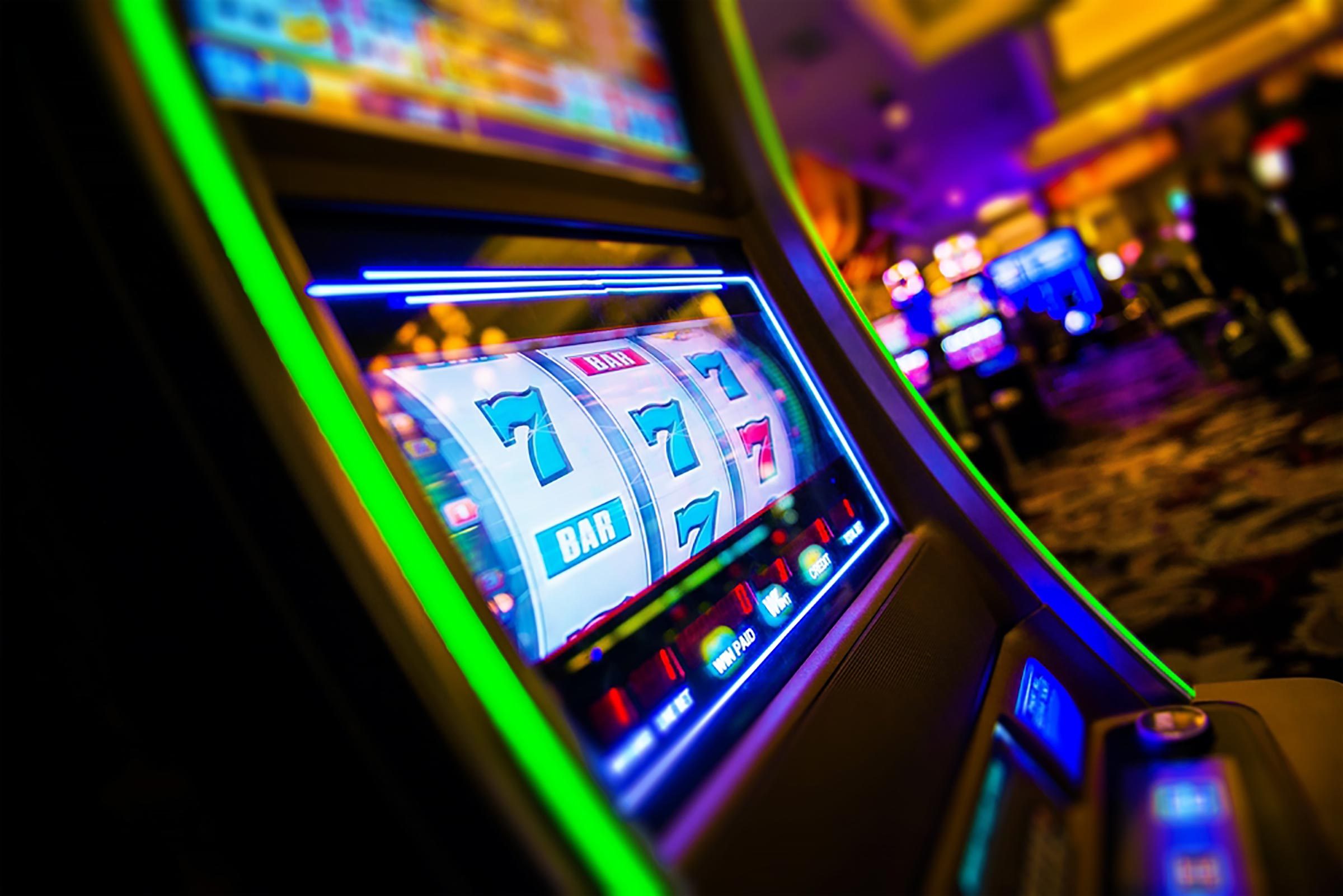
Casino activities have captivated players for decades, pulling them into a world of excitement, luck, and prosperity. From the blinking lights of slot machines to the intense intensity of card tables, these experiences offer a distinct mixture of entertainment and risk. However, below the surface of this sparkle and style lies a complex connection of math that determines every result and choice made within the casino.
Comprehending this link between gambling games and mathematics not only improves the gambling experience but may also help players make informed selections. Whether you are a casual gambler or a dedicated enthusiast, recognizing the numerical strategies at play can give insightful understandings into probability, probabilities, and approaches, finally affecting how one approaches these games of chance.
Mathematical Likelihood in Betting
In the world of gambling games, mathematical likelihood plays a crucial role in assessing results and guiding gambler choices. Each game has a distinct set of rules and a particular likelihood model that affects its mechanics. For example, in activities like the roulette wheel, players must comprehend the chances of choosing a particular number or shade. The likelihood of specific events happening can be calculated, and this knowledge can greatly influence wagering tactics.
Players also need to be cognizant of the casino advantage, which is the mathematical benefit that gambling establishments hold over players in the long term. This advantage differs across various activities. In blackjack, expert players can use tactics to lower the house edge to as little as 1 percent, while in activities like slots, the casino edge can be substantially larger. Understanding the casino advantage allows gamblers to make informed choices about which activities to participate in and the amount to wager.
Moreover, likelihood is crucial in the concept of danger versus gain in betting. Each wager carries a specific risk factor, and players must evaluate the potential return against that risk. not on GamStop Activities like poker require gamblers to not only compute the chances of their own showing winning but also to assess the likelihoods of their rivals’ hands. By applying statistical principles to their strategy, players can improve their odds of winning and participate more strategically in the exciting world of casino games.
Expected Worth in Gambling Games
When talking about gambling activities, one of the basic concepts rooted in math is the expected worth. This statistical measure assists players understand the potential outcomes of their bets over a period. In simple terms, anticipated worth (EV) calculates the mean amount a player can expect to win or suffer per bet if they were to play the game many times. Each game has its unique EV, influenced by the probabilities and the house edge, which signifies the advantage that the casino holds.
For example, think of a game like the roulette game. The anticipated value can be calculated based on the specific wager placed. If a gambler bets on a single number, the payout is 35 to 1, but the true odds of success that wager are 1 in 37 (in Euro the roulette game). This leads in a negative anticipated worth, showing that, on average, players will lose money over a period when playing this kind of wager. Understanding this idea allows gamblers to make more informed decisions about which activities and wagers may be less advantageous.
Additionally, the investigation of expected value can lead to better money management. Gamblers who understand the mathematics behind their games are often able to set realistic expectations. By recognizing their potential losses and profits, they can modify their playing strategies appropriately, which may enhance their overall gambling experience. As a result, anticipated value serves as a crucial tool for both beginner and seasoned gamblers to steer through the frequently volatile character of casino games.
Tactics and Odds: The Math Behind Success
In casino games, comprehending the probabilities is vital for players seeking to boost their opportunities of winning. Each game has its own distinct set of probabilities that establish successful outcomes, and these figures are often located in the gaming regulations or reward charts. For example, in activities like 21, players can boost their odds through methods such as counting cards, which depends on mathematical principles to gain an upper hand over the casino. By acquainting themselves with the chances, players can make more knowledgeable determinations on when to place bets and when to give up.
Additionally, the principle of expected outcome plays a significant role in gaming tactics. Average outcome calculates the typical outcome of a bet over time, allowing gamblers to evaluate whether a specific bet is worth taking. For instance, slot machines have a set payback percentage, which can show the expected return a player can expect on their stakes. By opting for games with higher expected values, gamblers can reduce the house edge, enhancing their possible rewards in the over time.
Finally, successful players often adopt a mix of chance and math strategy to boost their gaming experience. While chance can’t be controlled, managing a staking plan based on math insights can lead to more favorable outcomes. By utilizing techniques such as bankroll management and game selection, players can leverage mathematics to maneuver through the volatile nature of gaming, making the most of their investments and investments at the tables.
